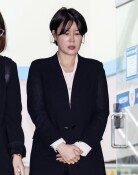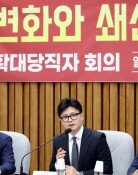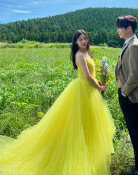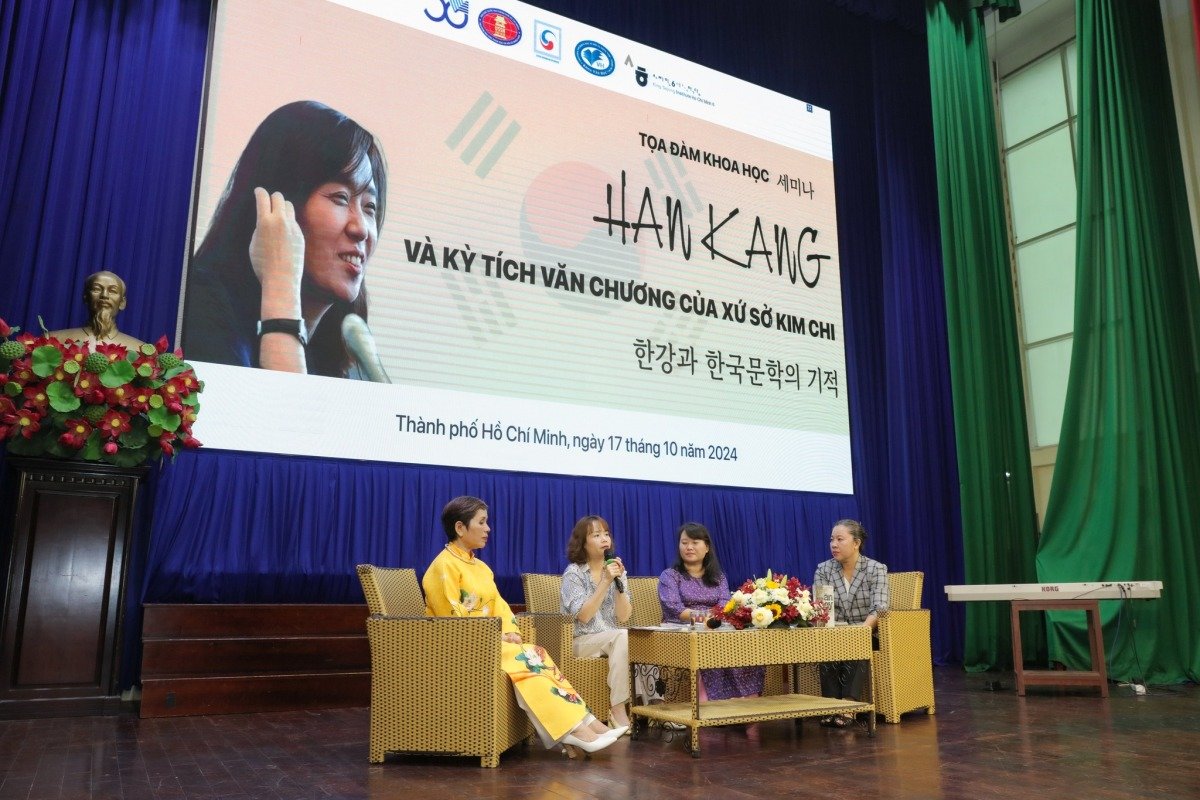Expert Comments

OVERALL EVALUATION
The content of English Donga.com continues to improve, with the greatest improvement occurring in the "Editorial" section. The number of opinions represented continues to diversify. In particular, I was pleased to the see the recent column by Yu Ho-yol (January 17, 2001) on the current situation in North Korea. I first read the column in Korean and thought that readers of English Donga.com would benefit from reading it. The writer is a professor of North Korean studies in South Korea and is part of an increasingly dynamic group of North Korean studies scholars in South Korea. Carrying such articles provides an informed perspective on North Korea that goes beyond the gossip typical of many news reports on North Korea.
The series of articles (January 11, 2001) on results of a quarterly poll on the state of the nation gave readers a clear idea of the prevailing political and social atmosphere in Korea. The discussion of reasons for the results was also informative. For all the talk of Korean nationalism, the result showing that 63% of people in their 20s would consider emigrating if they had the chance must comes as a surprise. Many interpretations are possible, but it indicates that nationalism is complex and that a desire for change, whether in Korea or by leaving Korea, is strong among young people. English Donga.com should continue to report the results of polls and other statistical surveys.
English Donga.com could do more, however, to present the diversity of Korean society. Though some Koreans, particularly older generations, like to present Korea as a well-ordered, homogeneous society, Korean society is becoming ever more diverse. The willingness to embrace change, the rise of entrepreneurship, and the desire for a higher standard of living are the driving forces of change. Historians will perhaps record the transformation of Korea from an insular authoritarian society into an outward-looking democratic society as one of the most important transformations in thought and outlook since the reception of Confucianism in the late Koryo and early Choson periods. English Donga.com can play a critical role in reporting the transformation to a large audience.
Taking the pulse of the times is never easy, but focusing on diversity and change is a good place to start. Korean Donga.com carried a number of such articles in the middle of January that were not included in English Donga.com. One good example of this is the recent series entitled "The Seoul Subway: 24 Hours." The series offers a unique perspective on how the recent extensions in the subway are affecting daily life in the city. As a result of the extensions, Seoul now has one of the biggest subways systems in the world, both in terms of number of kilometers of track and number of riders per day. Seoul now joins London, New York, Paris, Tokyo, and Moscow as one of the premiere subway cities in the world.
Another example of a series that reveals the dynamism of diversity and change in Korea is the series entitled "The Dynamism of Fortysomething CEOs." This series profiles young CEOs who come from the next generation to rise to senior positions in Korean society. Many English readers would find the series interesting because it puts names and faces to the news, which helps bring it to life. Readers in the business community, of course, may find the profiles helpful professionally.
Related to this is the humorous "Public Figure Stock Price" that appears on the start page of Korean Donga.com. Including this series in English Donga.com would help readers develop a better understanding of the news and prevailing social trends in Korea.
Several regular articles that reflect the pace of diversity and change in Korea have appeared recently in Korean Donga.com, but have not been carried in English Donga.com. The article (January 18, 2001) on a campaign to promote charity giving was interesting because it documented efforts to strengthen the concept of citizenship in Korea. To date, philanthropy in Korea has been reserved for the very rich, a situation that is similar to the early 20th century in the United States and Europe. The fate of the efforts to promote charity will reveal much about how Korean society views money and the acquisition of wealth.
Likewise, the article (January 18, 2001) on accusations of biased news reporting at MBC focused on the issue of freedom of the press and social responsibility. That such debates exist indicates that Korean society is struggling with issues that are either ignored, overlooked, or irrelevant in many other democratic societies. It also shows that the media remains, however subtly, under the watchful eye of state authorities. For English readers who want to understand Korea, this is interesting news.
Headline News
- Presidential Office signals possible offensive weapons aid to Ukraine
- N. Korea reportedly prepares military balloon attack with Russia
- Medical associations join bipartisan talks on expanding medical school quotas
- Former world No. 1 Ko Jin-young returns to LPGA
- Kakao unveils AI service ‘Kanana’ at 'if Kakao AI 2024'







